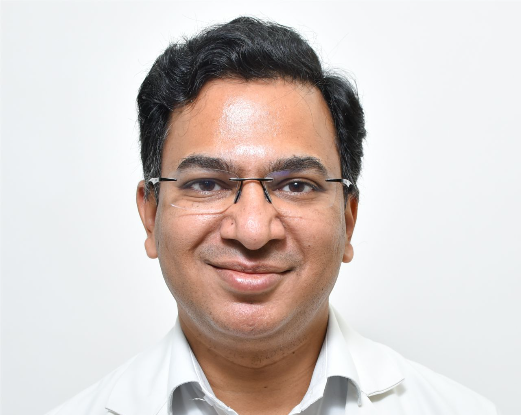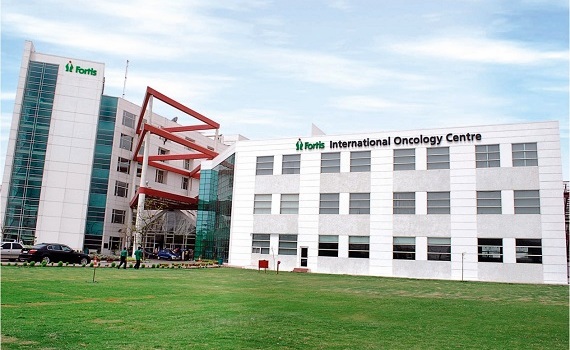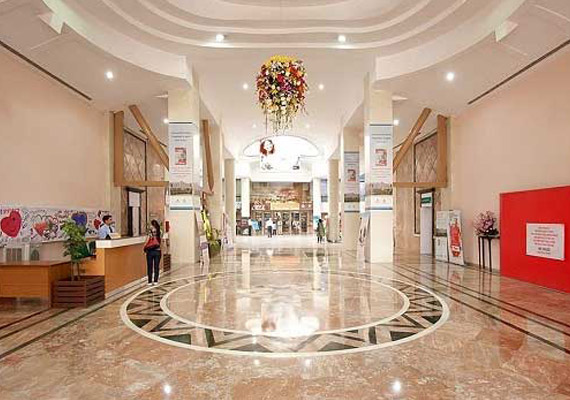Spinal Fusion Treatment in India
treatment
starting from
Spinal fusion is a surgical procedure used to treat various spine conditions, including spinal instability, degenerative disc disease, scoliosis, and spinal fractures. The procedure involves permanently connecting two or more vertebrae together using bone grafts, implants, or a combination of both. Spinal fusion aims to stabilise the spine, reduce pain, and improve overall spinal function. In this article, we will explore the symptoms, causes, diagnosis, treatment options, the cost of spinal fusion in India, and conclude with its significance in the management of spinal disorders.
Symptoms:
The symptoms associated with spinal conditions that may require spinal fusion can vary depending on the underlying problem. Common symptoms include:
1. Back or neck pain: Persistent or worsening pain in the affected area of the spine.
2. Radiating pain: Pain that extends from the spine to the arms or legs, known as radiculopathy.
3. Numbness or tingling: Abnormal sensations in the arms or legs.
4. Muscle weakness: Weakness or difficulty in moving the arms or legs.
5. Limited range of motion: Difficulty bending, twisting, or turning the spine.
6. Changes in gait: Altered walking pattern due to spinal instability or nerve compression.
Causes:
Spinal fusion may be recommended to address various spine conditions, including:
1. Spinal Instability: Instability in the spine due to degenerative changes, fractures, or spinal deformities.
2. Degenerative Disc Disease: The gradual breakdown of spinal discs, leading to pain and reduced flexibility.
3. Scoliosis: Abnormal sideways curvature of the spine, which may progress and cause discomfort.
4. Spinal Fractures: Fractures that do not heal properly or require surgical stabilisation.
5. Spinal Tumours: Certain spinal tumours may necessitate fusion to stabilise the spine after tumour removal.
Diagnosis:
Diagnosing spine conditions that may require spinal fusion involves a combination of clinical evaluation, imaging tests, and medical history review. The following diagnostic methods may be used:
1. X-rays: X-ray images of the spine can help identify spinal instability, fractures, or abnormal curvature.
2. Magnetic Resonance Imaging (MRI): MRI provides detailed images of the spine and can help assess disc degeneration, nerve compression, or tumors.
3. Computed Tomography (CT) Scan: CT scans provide more detailed images of the bones, helping evaluate fractures or deformities.
4. Discography: A contrast dye is injected into the spinal discs to identify painful discs that may require fusion.
Treatment:
Spinal fusion is a major surgical procedure performed under general anaesthesia. The specific technique used may vary depending on the underlying spine condition and the number of vertebrae involved. The general steps of spinal fusion are as follows:
1. Incision: The surgeon makes an incision over the affected area of the spine to access the vertebrae.
2. Bone Grafting: Small pieces of bone graft (either from the patient's own body, a donor, or synthetic material) are placed between the vertebrae to promote bone fusion.
3. Instrumentation: Metal implants, such as screws, rods, or plates, may be used to stabilise the vertebrae during the fusion process.
4. Fusion: Over time, the bone grafts fuse with the adjacent vertebrae, creating a solid bridge and stabilising the spine.
5. Closure: The incision is closed with sutures or staples, and the surgical site is dressed appropriately.
Recovery from spinal fusion may take several months, during which patients will be advised to avoid certain activities to allow proper healing.
Cost of Spinal Fusion in India:
The cost of spinal fusion in India can vary based on factors such as the hospital's location, the complexity of the procedure, the surgeon's experience, the type of implants used, and the number of vertebrae involved in the fusion. India's healthcare system offers high-quality medical services at a fraction of the cost compared to many other countries, making it an attractive destination for medical tourism. The affordability, coupled with the availability of skilled spine surgeons and advanced medical facilities, makes India a preferred choice for patients seeking spinal fusion procedures.
Conclusion:
Spinal fusion is a significant surgical procedure used to stabilise the spine and alleviate pain associated with various spinal conditions. It involves permanently connecting two or more vertebrae together using bone grafts, implants, or both. Spinal fusion can be an effective treatment option for spinal instability, degenerative disc disease, scoliosis, and spinal fractures. Early diagnosis and timely intervention are crucial for successful outcomes. India's healthcare system provides access to high-quality spine care at a competitive cost, making it an excellent option for patients seeking advanced treatments for spinal disorders. Spinal fusion represents a significant advancement in spine surgery, offering improved stability, pain relief, and functional outcomes for patients with various spine conditions.
How It Works
Need help in organizing medical travel to India?













